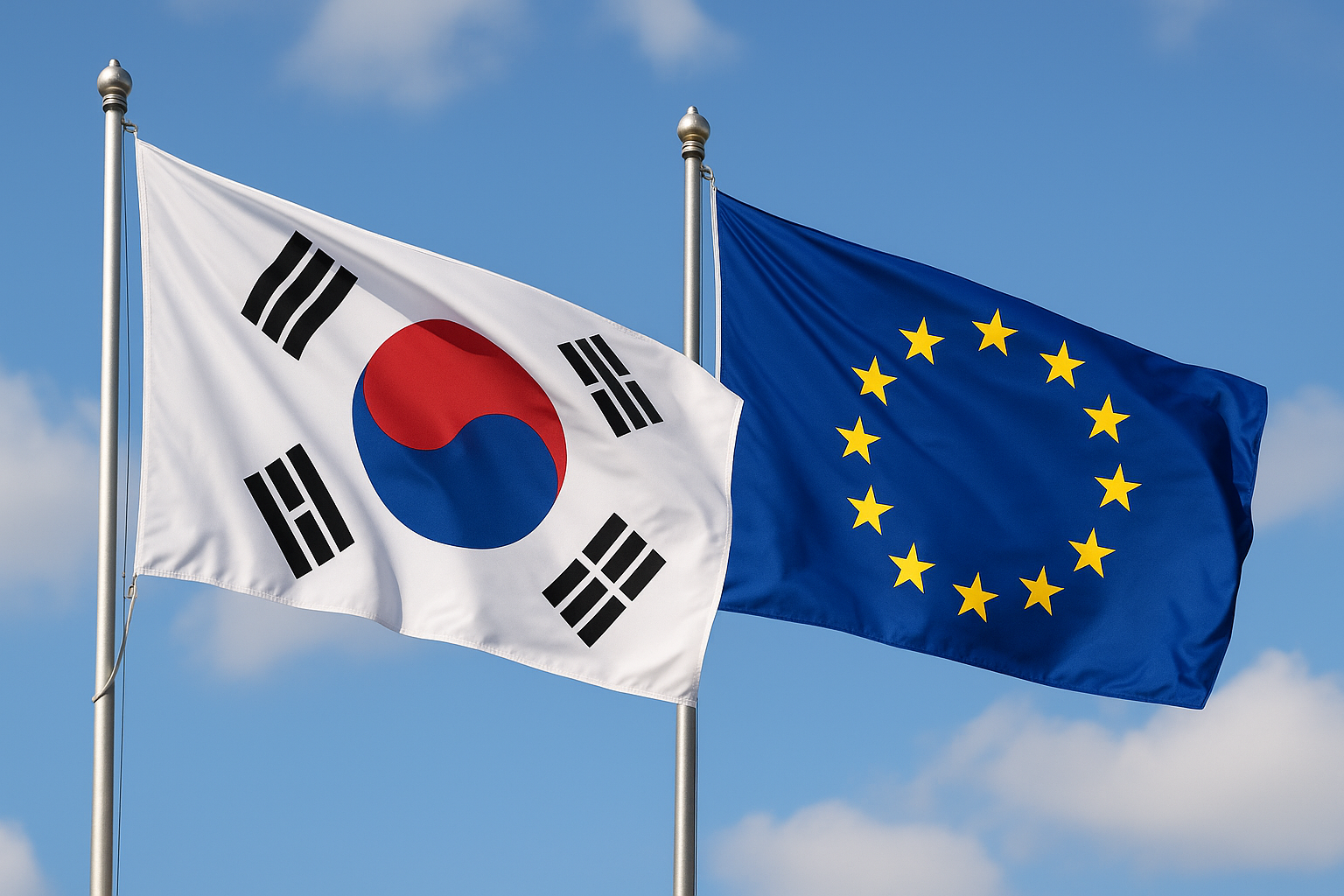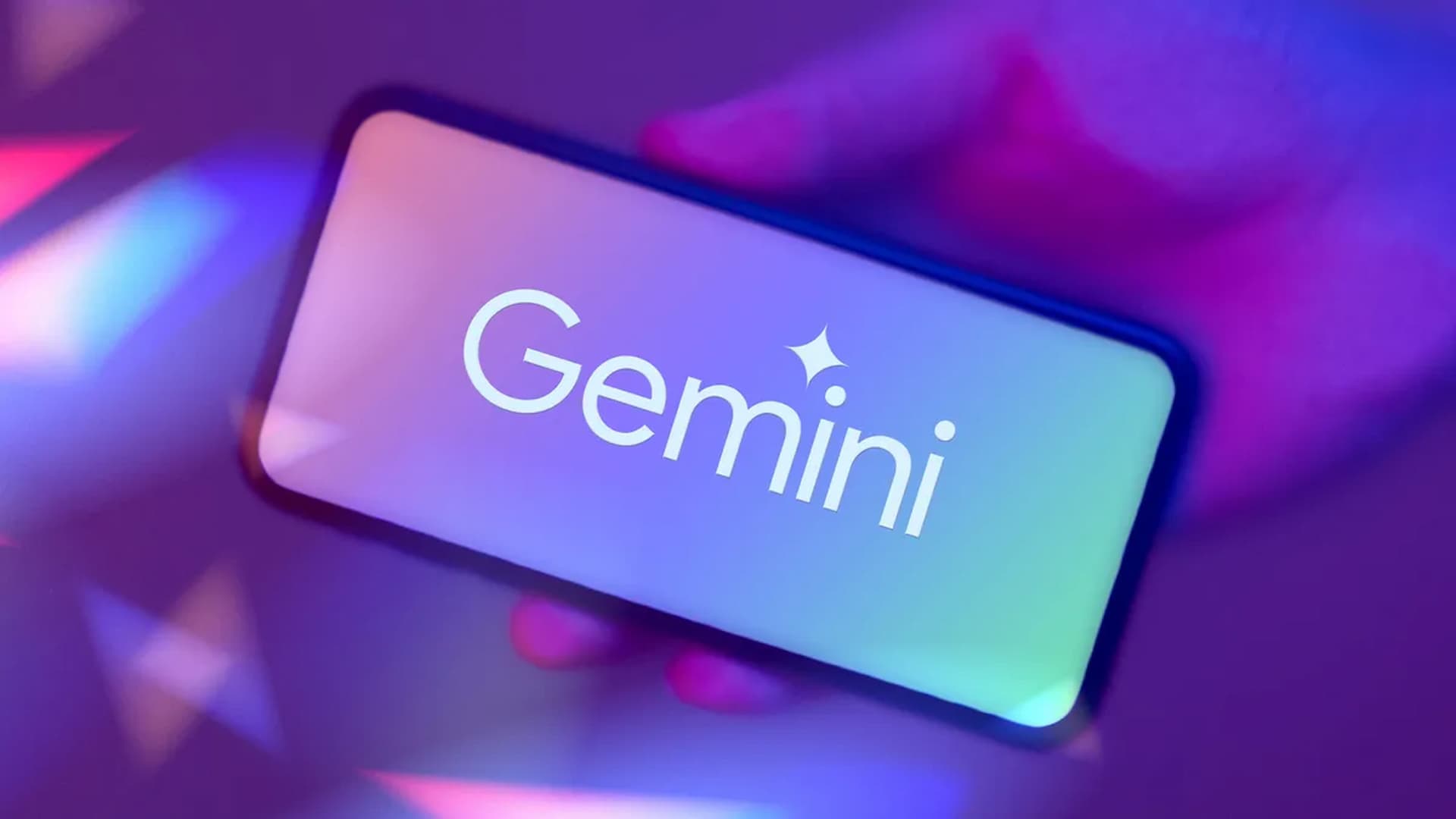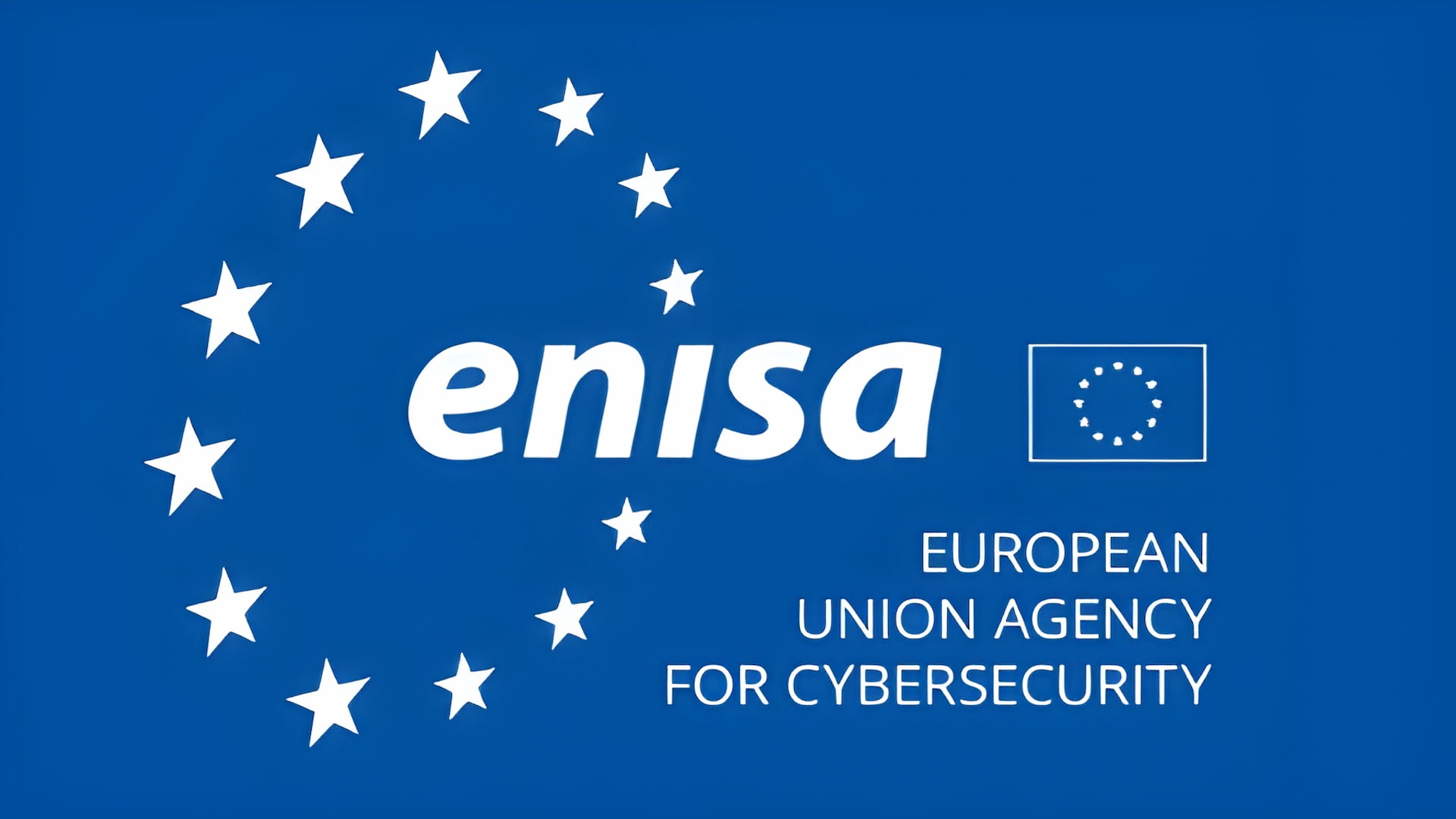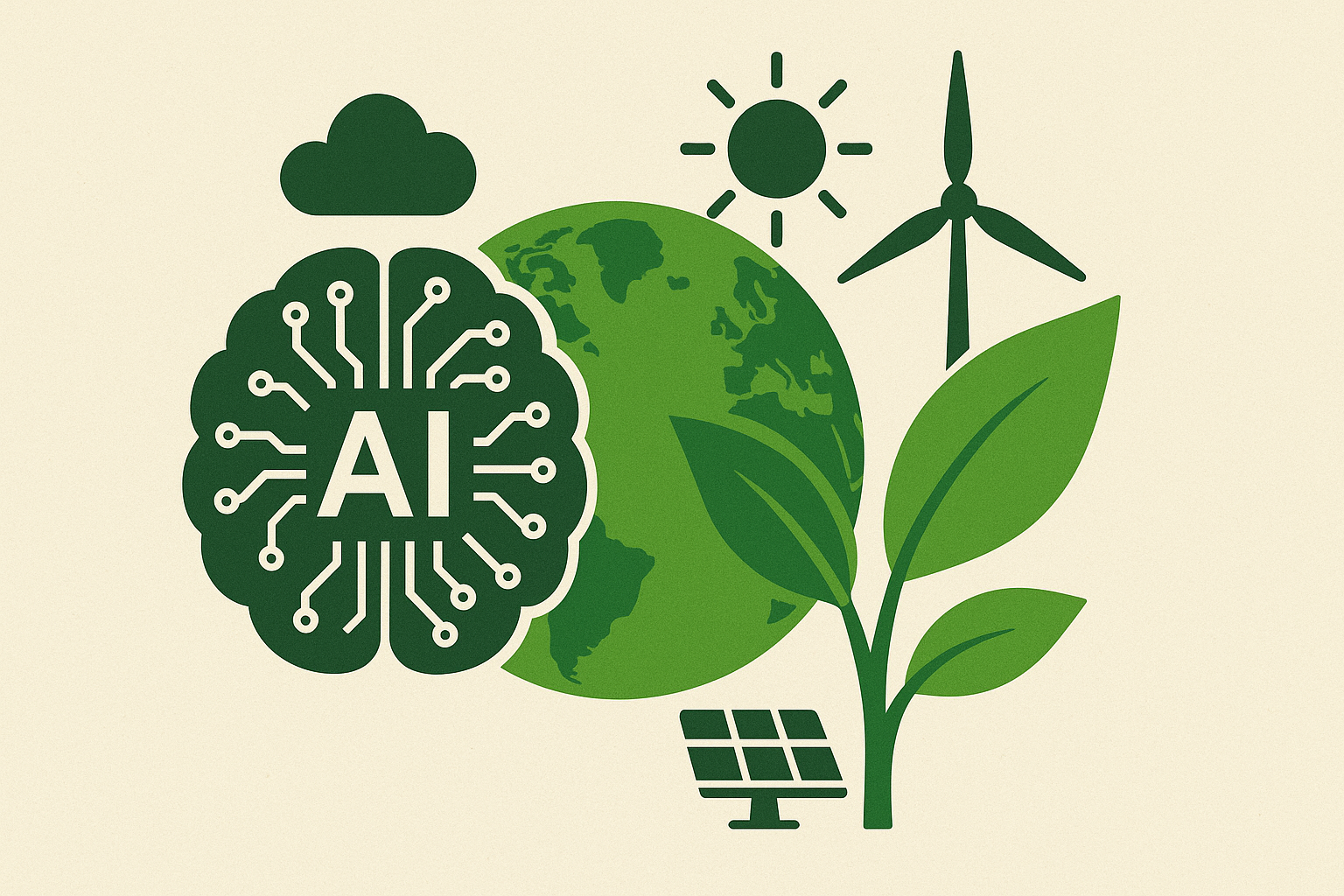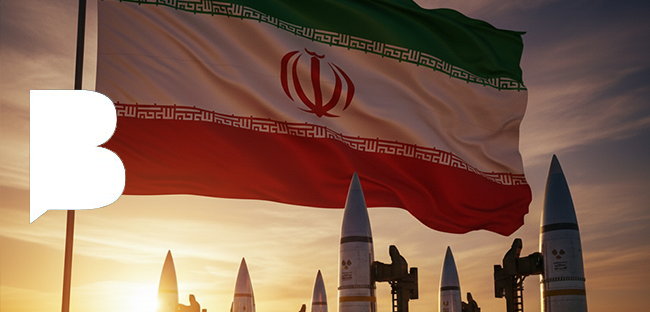
22 – 29 August 2025
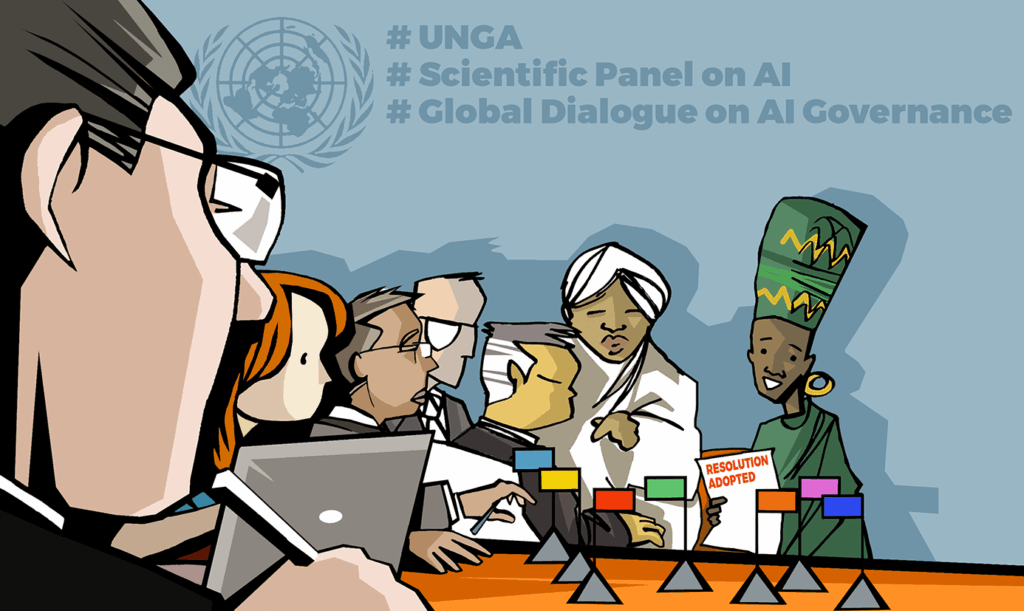
Dear readers,
On 26 August 2025, the UN General Assembly (UNGA) adopted a resolution establishing two new mechanisms for global AI governance: an Independent International Scientific Panel on AI and a Global Dialogue on AI Governance. The 40-member Panel will provide annual, evidence-based assessments of AI’s opportunities, risks, and impacts, while the Global Dialogue will serve as a platform for governments and relevant stakeholders to discuss international cooperation, exchange best practices, and foster inclusive discussions on AI governance.
The Dialogue will be launched during UNGA’s 80th session in September 2025 and will convene annually, alternating between Geneva and New York, alongside existing UN events. These mechanisms also aim to contribute to capacity development efforts on AI. The resolution also invites states and stakeholders to contribute resources, particularly to ensure participation from developing countries, and foresees that a review of both initiatives may happen at UNGA’s 82nd session.
Other highlights of the week:
US President Donald Trump has warned that he may impose retaliatory tariffs on countries introducing digital taxes or regulations targeting American tech giants, a move seen as a direct warning to the EU. Several European states and the EU itself have rolled out measures such as the Digital Services Act, the Digital Markets Act, and digital services taxes to regulate big platforms and ensure companies like Google, Apple, Amazon, and Meta pay fair taxes locally. Trump’s threat also puts renewed pressure on the UK, which continues to uphold its digital services tax despite a trade deal with Washington. Besides that, the US Federal Trade Commission (FTC) warned tech companies that complying with the EU and UK online content and encryption rules could breach US law under Section 5 of the FTC Act.
Alphabet’s Google has announced a $9 billion investment in Virginia by 2026, reinforcing the state’s status as a key US data infrastructure hub, with plans for a new Chesterfield County facility and expansions in Loudoun and Prince William counties to boost AI and cloud computing capabilities. The investment, supported by Dominion Energy and expected to take up to seven years to operationalise fully, aligns with a broader tech trend where giants like Microsoft, Amazon, Meta, and Alphabet are pouring hundreds of billions into AI projects, though it raises energy demand concerns that Google aims to address through efficiency measures and community funding.
INTERPOL’s ‘Serengeti 2.0’ operation across Africa led to over 1,200 arrests between June and August 2025, targeting ransomware, online fraud, and business email compromise schemes, and recovering nearly USD 100 million stolen from tens of thousands of victims. Authorities shut down illicit cryptocurrency mining sites in Angola, dismantled a massive crypto fraud scheme in Zambia, and uncovered a human trafficking network with forged passports in Lusaka.
OpenAI announced new safety measures for ChatGPT after a lawsuit accused the chatbot of contributing to a teenager’s suicide. The company plans to enhance detection of mental distress, improve safeguards in suicide-related conversations, add parental controls, and provide links to emergency services while addressing content filtering flaws. Regulators and mental health experts are intensifying scrutiny, warning that growing reliance on chatbots instead of professional care could endanger vulnerable users, especially children.
The battle of the giants: Elon Musk’s xAI has sued Apple and OpenAI in Texas, accusing them of colluding to monopolise the AI market through Apple’s exclusive 2024 deal to integrate ChatGPT into its devices, which allegedly disadvantaged Musk’s X and Grok apps. Musk, seeking billions in damages and a jury trial, argues the partnership stifles competition and reflects Apple’s antitrust violations.
For the main updates, reflections and events, consult the RADAR, the READING CORNER and the UPCOMING EVENTS section below.
Join us as we connect the dots, from daily updates to main weekly developments, to bring you a clear, engaging monthly snapshot of worldwide digital trends.
DW Team
RADAR
Highlights from the week of 22 – 29 August 2025
US officials link Beijing-backed Salt Typhoon spies to breaches at major telcos and government networks.
AI’s rapid rise is reshaping how nations think about energy, opening the door to new partnerships that could redefine the path toward a cleaner and smarter future.
The launch coincides with federal plans to boost AI while limiting regulation-heavy states.
A new wave of Android malware deployed through fake utilities on the Play Store infected millions, using overlay attacks to harvest financial credentials and deploy adware.
The project highlights the EU’s focus on preparedness, with ENISA tasked to oversee the technical and operational standards of the reserve.
By experimenting with AI edits without approval, YouTube has angered creators and renewed debates about trust, regulation and control in the age of AI.
Fake AI-generated albums mimicking folk singer Emily Portman appeared on Spotify, sparking copyright complaints.
Instead of cutting jobs, Google is investing in AI training through its new AI Savvy Google programme to upskill its workforce.
A $2.7 billion whale sell-off triggered liquidations, weakening Bitcoin near key supports while Ethereum maintains stronger technical metrics and positive momentum.
Age verification law could reshape online access and entrench big tech dominance.
ShinyHunters breached Google systems, sparking new phishing threats against Gmail accounts.
Humanlike AI may distort reality as people form emotional attachments, experts caution.
Salt Typhoon, observed since 2019, has been linked to targeting routers, VPNs and edge devices, with more than 200 US companies reportedly impacted.
A teenager’s death has sparked calls for stronger safeguards on ChatGPT and similar AI systems.
READING CORNER
Wheels, wagons, and metal turned herders into mobile nomads. With speed on their side, raiding – and empire-building – became possible. Aldo Matteucci writes.
AI is emerging as both a driver of environmental strain and a potential force for sustainable solutions, raising urgent questions about whether innovation and ecological responsibility can truly advance together.
Despite US and Israeli strikes, Iran’s nuclear program remains alive, exposing the double standards of global nuclear politics.
This blog discusses how different cultural and philosophical traditions can be used as a strong foundation for global AI governance discussions.
UPCOMING EVENTS
ISOC Brazil webinar on the responsibility of intermediaries and changes in the US policy landscape. The webinar will promote an in-depth discussion about the
Declaring Independence in Cyberspace: Book Discussion Diplo’s Director of Digital Trade and Economic Security, Marilia Maciel, will provide comments and



